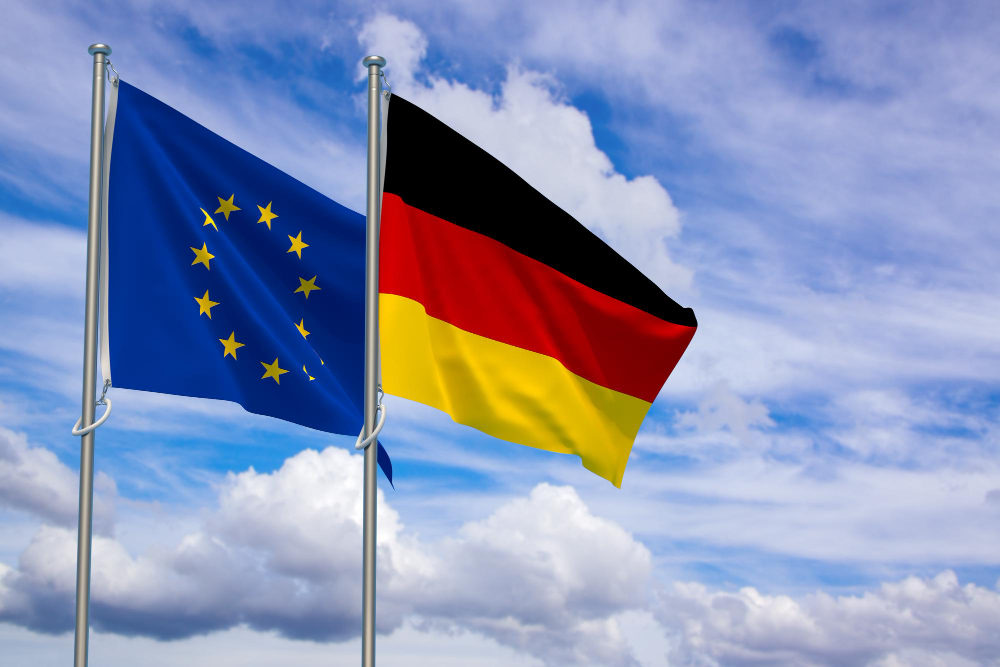Collapse of Germany's Coalition Government: What Comes Next?
On Wednesday evening, Germany's SPD, Greens, and FDP coalition (the 'traffic light coalition' or Ampelkoalition) dissolved, marking the end of this alliance. Here’s a look at the events that led to its collapse and what may lie ahead in German politics.
FDP Exits the Coalition Government
The Ampelkoalition's light has officially dimmed. On the evening of November 5, Chancellor Olaf Scholz (SPD) announced that Finance Minister Christian Lindner would exit the coalition, taking the FDP with him. Since forming in 2021, the SPD, Greens, and neoliberal FDP coalition has been fraught with challenges, unable to consistently unite on key issues.
Tensions had been brewing, with public approval for the coalition recently falling to a record-low 14 percent. Scholz, Lindner, and Economics Minister Robert Habeck (Greens) had been grappling with a new budget crisis, attempting to fill a €10-billion shortfall for the upcoming year. Lindner’s strict fiscal approach further complicated consensus.
On October 23, Habeck introduced a proposal to address Germany’s economic strain, exacerbated by the ongoing conflict in Ukraine and near-recession conditions. But by November 1, tensions escalated as Lindner crafted his own budget proposal, which prioritized tax cuts and scaled back climate initiatives. This alternative plan leaked on November 3, creating public uproar.
After intense discussions, Scholz gathered Habeck and Lindner on November 3 for a last-ditch effort to reconcile their budget strategies. The pivotal decision on whether the coalition could endure until the next federal election was to be made during a November 5 meeting.
Scholz: “Lindner Has Broken Our Trust”
Following the dinner, Scholz informed the media that he had requested permission from the Federal President to dismiss Lindner. “This was necessary to protect our country,” the Chancellor stated. Highlighting recent international developments, such as Donald Trump’s election victory, Scholz emphasized the importance of a stable government to respond to potential economic impacts, including heightened tariffs.
The Chancellor expressed a lack of "trust" with Lindner, stating, "He has violated my trust too often. Serious government work is no longer possible under these circumstances." His comments pointed to months of frustration with Lindner’s individualistic approach. Some in German media are comparing Lindner’s actions to those of FDP’s Otto Graf Lambsdorff in 1982, which similarly led to the downfall of an SPD government and paved the way for CDU's Helmut Kohl.
Confidence Vote and Potential Snap Election
Now operating as a minority government, Scholz announced a confidence vote for January 15, 2025, and initiated discussions with CDU leader Friedrich Merz about potential cooperation with the conservative party. Merz argued that the January vote was too delayed given the coalition's low approval ratings, but Scholz intends to pass more policies before stepping down.
With the Ampel coalition's popularity waning, the CDU is currently leading in polls and may emerge as the likely victor in the next Bundestag election, originally scheduled for September 28, 2025. If Scholz loses the confidence vote in January, a snap election will likely be held, with March 9 considered as a potential date.

